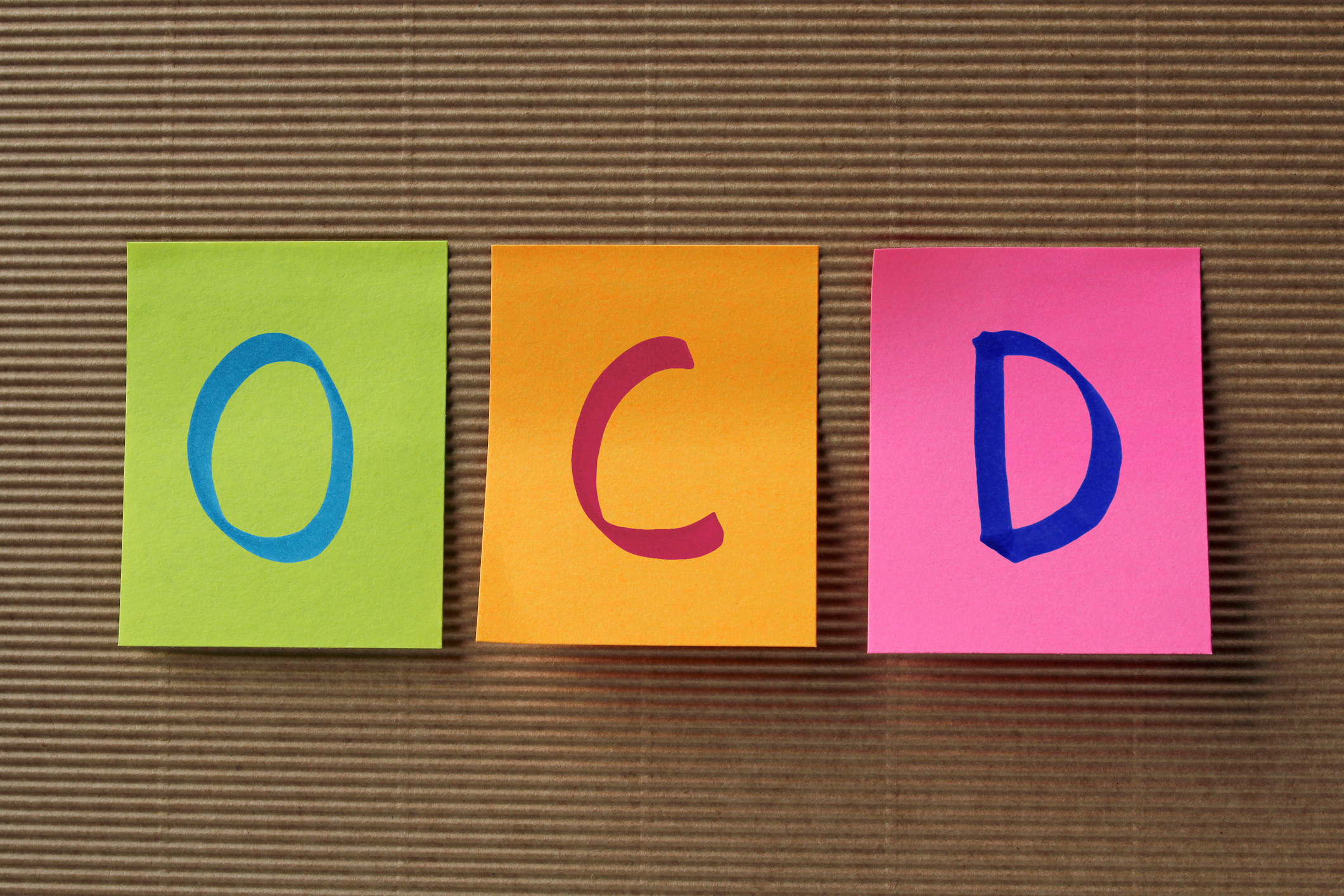


Compulsive gambling may also be associated with bipolar disorder, obsessive-compulsive disorder (OCD) or attention-deficit/hyperactivity disorder (ADHD). People who gamble compulsively often have substance misuse problems, personality disorders, depression or anxiety. Risk factorsĪlthough most people who play cards or wager never develop a gambling problem, certain factors are more often associated with compulsive gambling: Like many problems, compulsive gambling may result from a combination of biological, genetic and environmental factors. Because denial is almost always a feature of compulsive or addictive behavior, it may be difficult for you to realize that you have a problem.Įxactly what causes someone to gamble compulsively isn't well understood. Have family members, friends or co-workers expressed concern about your gambling? If so, listen to their worries.
#Compulsive thoughts meaning professional
When to see a doctor or mental health professional But without treatment, the remission usually isn't permanent. Some people with a compulsive gambling problem may have periods of remission - a length of time where they gamble less or not at all. Some people may turn to theft or fraud to get gambling money. But people with a compulsive gambling problem are compelled to keep playing to recover their money - a pattern that becomes increasingly destructive over time. Most casual gamblers stop when losing or set a limit on how much they're willing to lose. Asking others to bail you out of financial trouble because you gambled money away.Risking or losing important relationships, a job, or school or work opportunities because of gambling.Lying to family members or others to hide the extent of your gambling.Trying to get back lost money by gambling more (chasing losses).Gambling to escape problems or relieve feelings of helplessness, guilt, anxiety or depression.Feeling restless or irritable when you try to cut down on gambling.Trying to control, cut back or stop gambling, without success.Needing to gamble with increasing amounts of money to get the same thrill.
#Compulsive thoughts meaning how to
Being preoccupied with gambling, such as constantly planning gambling activities and how to get more gambling money.Signs and symptoms of compulsive gambling (gambling disorder) can include:


 0 kommentar(er)
0 kommentar(er)
